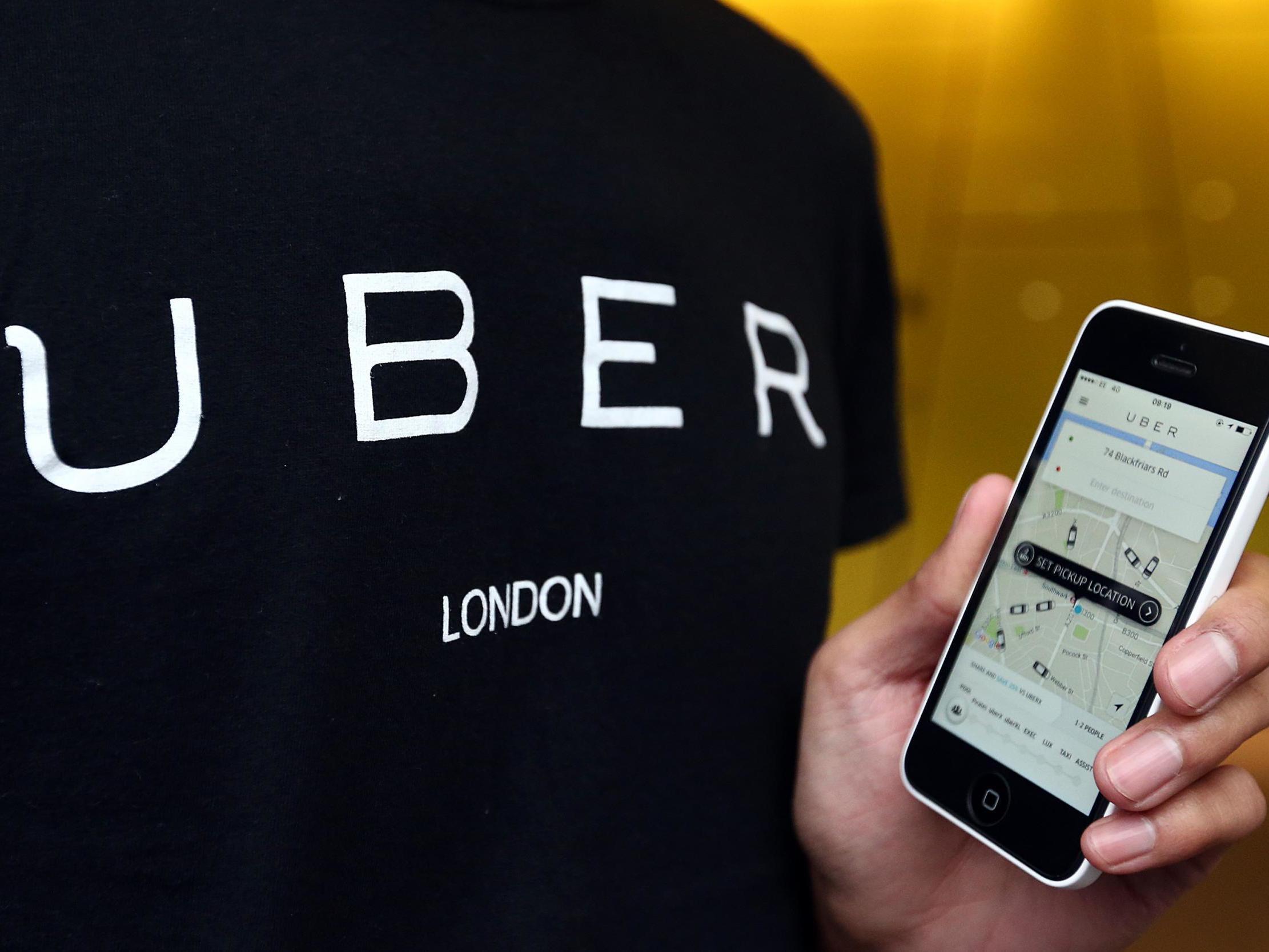Like Sadiq Khan, I’m the son of a Pakistani immigrant – I never expected he’d fail Bame Uber drivers like me
TfL and the London mayor had multiple opportunities to protect minicab drivers and reduce congestion at the same time, but failed to do so, ignoring a workforce of colour that’s already suffering enough as it is

Three years ago, when Sadiq Khan was elected mayor of London, it seemed like things were finally going to change after almost a decade of Tory control of City Hall.
As a UK-born son of a Pakistani immigrant, I was hopeful that someone like Khan, who shared my background, would look after my interests. What I now believe, is that this couldn’t have been farther from the truth.
In 2014, looking for a way to pay my bills and look after my family, I started working as an Uber driver. I quickly discovered that Uber’s promises weren’t worth the digital contract they were written on. The market became flooded with drivers and it got harder and harder to earn. In London, there are around 107,000 licensed minicab drivers, all fighting for the same jobs, many of us earning below the minimum wage.
Throughout this time, Transport for London (TfL), the regulator that had the responsibility for regulating the market, did nothing to enforce the worker rights that we were entitled to but being denied by operators, including paid holidays, protection from discrimination and a guaranteed minimum wage.
As those in power ignored our calls for the rules to be enforced, we turned to our union, the IWGB, to start fighting for the rights we were being denied. The union allowed us to score two major legal victories against Uber, but the fight continues.
What I never expected was that we would then have to turn our fight against the Mayor so many of us put our hopes on.
This week, the IWGB will be taking Khan and TfL to court to fight against the introduction on 8 April of a £11.50 congestion charge on minicabs. The union will argue that this charge discriminates against and breaches the human rights of Bame drivers and women drivers.
The charge is being imposed on a workforce that is mainly Bame (94 per cent of London's 107,000 minicab drivers are Bame according to TFL), while black cab drivers, who are mostly white British, continue to be exempt.
The charge also affects women minicab drivers disproportionately, as they are less likely to work nights and more likely to work part time.
There is no logical reason for this charge to be imposed on minicabs while black cabs are exempt, however, to me, it does follow a familiar pattern at TfL of ignoring the voices of these drivers. While TfL engages with five different organisations that represent the interests of black cabs, it doesn’t engage with a single organisation that represents exclusively the interests of minicab drivers.
For me, it means that the already huge costs I face are becoming unbearable. Besides car payments, insurance and petrol I pay £243 per year in license fees to TfL before the extra £11.50 I will have to pay daily in congestion charge. Over a year, that cost could be as high as £3,000.
Meanwhile, a multi-billion pound company like Uber that takes half my profits is only expected to pay £14 per annum on a car and driver basis.
TfL says I should save up to buy an electric car, but this is becoming impossible. Since the introduction of the charge I am working over 50 hours a week, barely seeing my wife and my six-month-old son.
This is the price drivers like me have had to pay since the congestion charge on minicabs was introduced. For operators, meanwhile, London has continued to be a great opportunity to make masses of money on an exploited workforce. Since April more Uber clones have appeared in the form of Kapten and Bolt, while total licensed vehicles have increased by 2000.
TfL did have an opportunity to protect minicab drivers, but haven't. The alternatives would have been more effective at reducing congestion and would have helped alleviate the heavy burden on low-income minicab drivers. TfL could have enforced worker rights or shifted the cost to operators. Better controlled licensing or investing in stopping areas for drivers could have done more to reduce congestion overall. Instead, Bame minicab drivers are facing the charges.
We may have been ignored by the TfL and by the Mayor, but we will keep on fighting to stop the discrimination we face on a daily basis. This case is just the start.
Yasser Akhtar is an Uber driver and member of the IWGB’s UPHD branch
Join our commenting forum
Join thought-provoking conversations, follow other Independent readers and see their replies
Comments